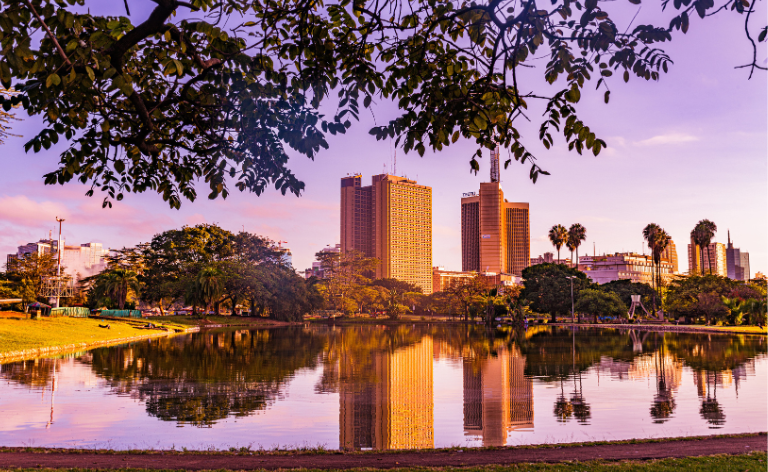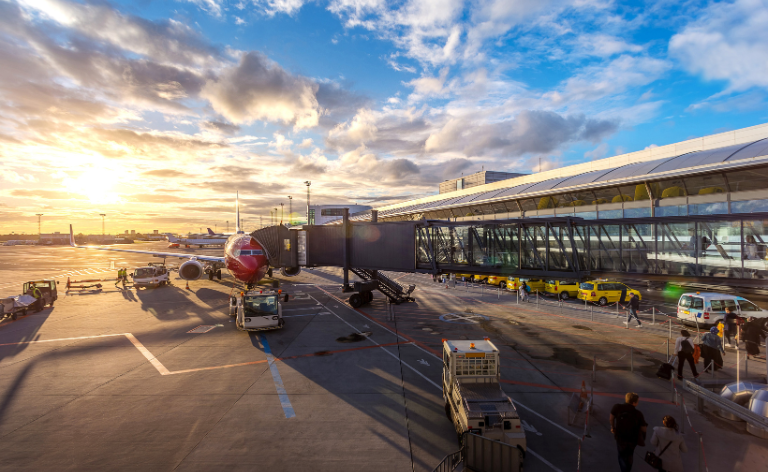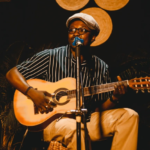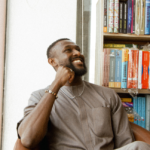Reconnecting Across Oceans: A Nigerian Expat’s Journey Home
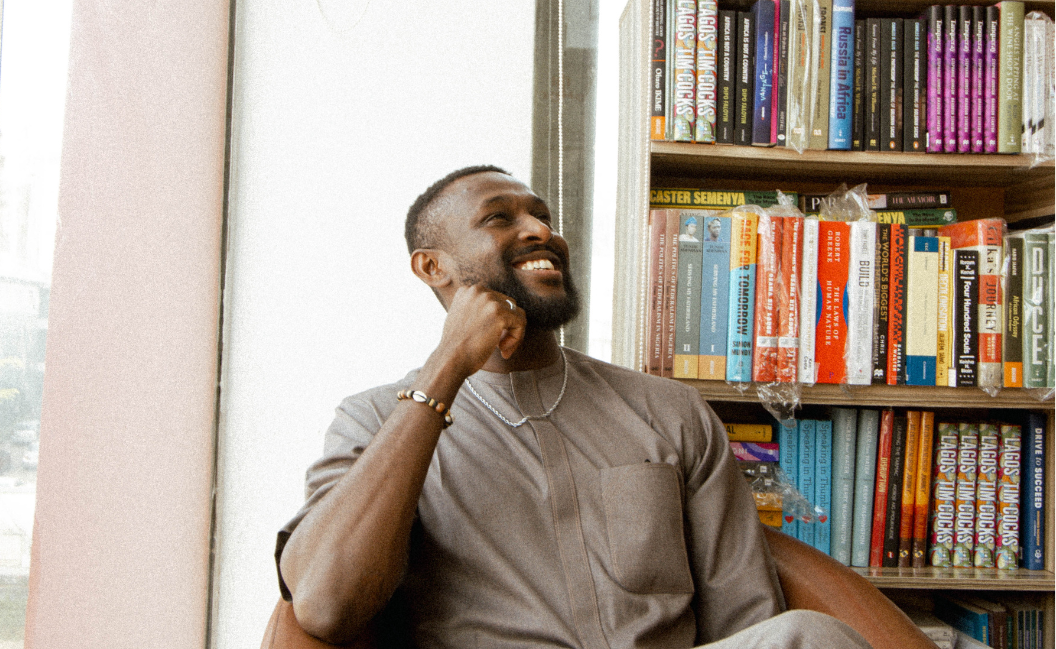
The world is rapidly becoming a global village with the rise of technology, migration, and globalisation. This global trend offers people, especially from developing countries, the opportunity to seek higher education and better jobs in developed countries across Europe and North America. Joshua Danjuma, a Nigerian expat based in America, embodies the spirit of a global citizen deeply connected to his roots. Born and raised in the culturally rich city of Jos, Nigeria, Joshua’s journey took him across the Atlantic for his studies, carving out a life in the United States. Years have passed since he last set foot on African soil, but the call of home has always resonated within him. Recently, Joshua embarked on a journey back to Nigeria and Ghana. This trip was as much about rediscovering his heritage as it was celebrating his milestone 30th birthday with his family.
In our conversation, Joshua discussed the importance of reconnecting with his homeland. His story bridges the geographical and emotional distances often separating the diaspora from their roots. Like many Africans living abroad, Joshua envisions a prosperous continent and believes that those in the diaspora have a critical role in this vision. Through his lens, we gain insights into the importance of maintaining strong family ties, the challenges faced by the diaspora in staying connected, and the evolving sense of identity that comes from embracing one’s heritage
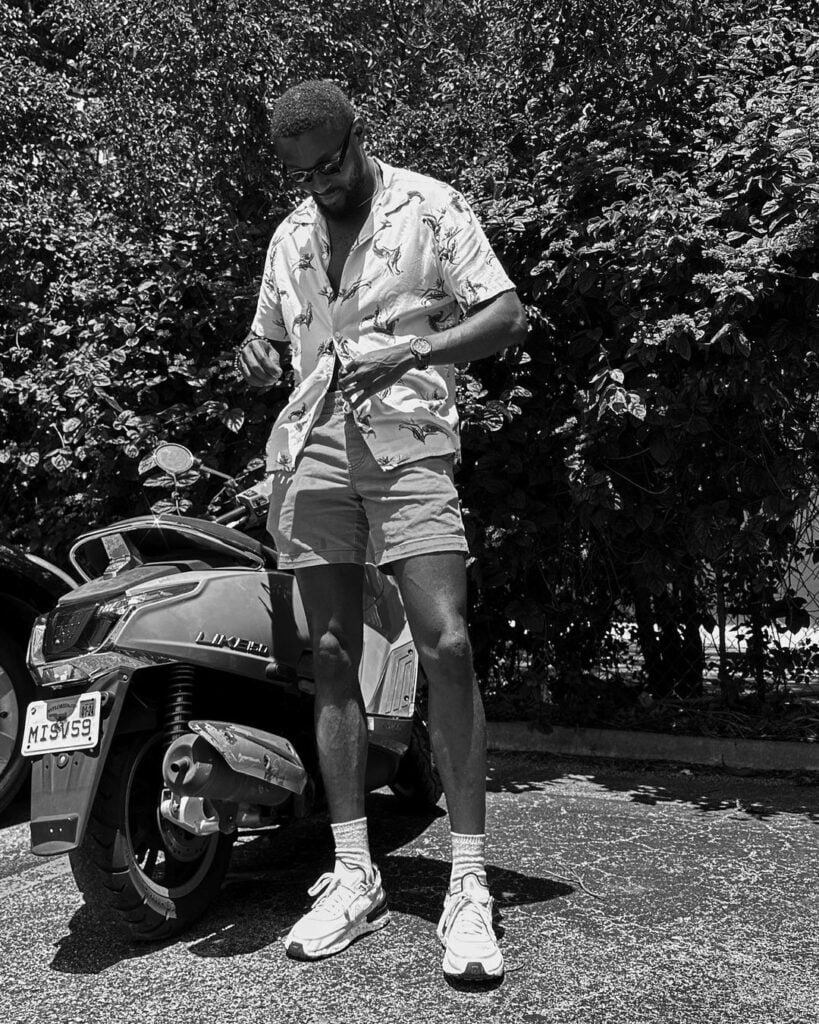
Please tell us a bit about your background and what you do.
Joshua Danjuma here. I’m a proud native of Jos and a proud Nigerian. Although I grew up as an only child, the cultural diversity in Jos laid the groundwork for my multi-perspective views today. I’m a creative in a technical world—let’s call it a technical creative. Also, I’m an engineer most hours of the day and a creative the others. I’m interested in afro-surrealistic photography and recently became obsessed with collaboration and partnership solutions involving our continent.
What were your primary motivations for returning to Nigeria and visiting Ghana after spending several years in the United States?
I’ve always wanted to visit home more often but couldn’t afford to. So, as soon as I could, I made the journey across the sea, coinciding with my 30th birthday—what better way to celebrate than with the woman who birthed me? Before this birthday, I hadn’t celebrated with them for over a decade, and it felt surreal to return home finally.
How did you feel reconnecting with your family and friends back home after such a long time?
What I thought I was getting from my trip back home was relaxation and time off work, but I realised how much I missed home and family. It had been about four years since I was last back, so it was surreal to immerse myself in all the flavours and colours of the cities. The overall reconnection was bittersweet—overwhelmingly positive because of the precious time with family, but also daunting, realising they were ageing with time. It gave me a reflective moment to appreciate that they were still here, sharing those moments with me.
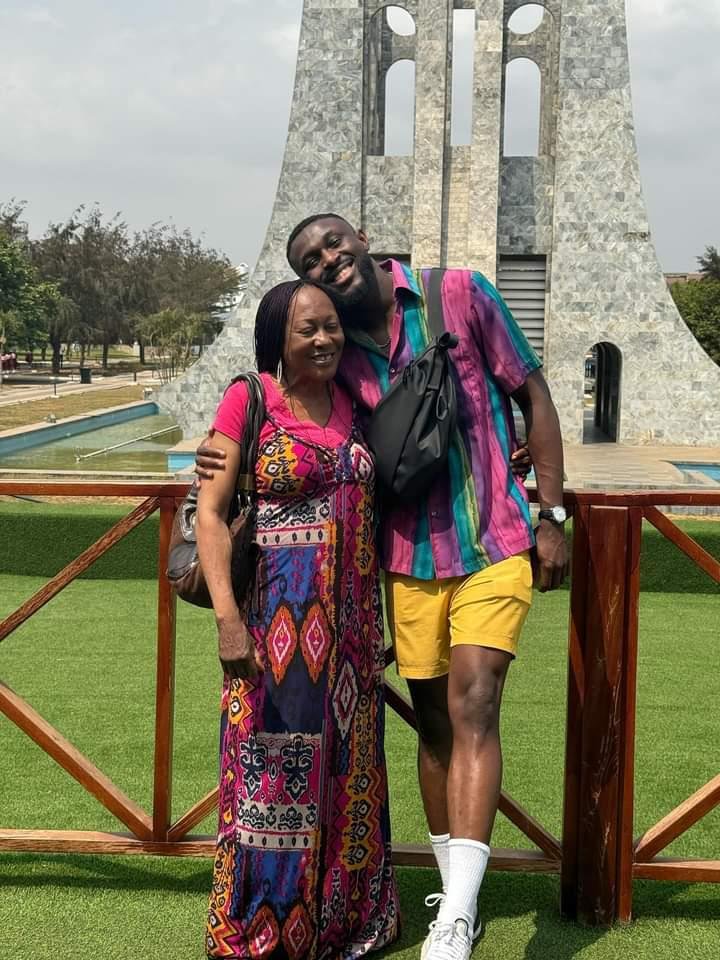
Can you share any specific moments or experiences from your trip that profoundly impacted you?
Overall, the people had the most profound impact. I’ve always had a unique eye for capturing moments but never indulged long enough for it to become an identity. I’ve done some creative directing and photoshoots, but nothing intentional. I used to excuse myself by saying I didn’t know what I was trying to say with my art. My trip helped me see that you don’t need to find a profound meaning or message—just use your medium to express your feelings at that time. I allowed myself to be engrossed with all the sights and sounds, creating so much and seeing the beauty in what some might call mundane Africa. The country is vibrant and alive, inspiring me everywhere I go. I created more in days than I had in months, a testament to the beautiful chaos back home.
What differences have you noticed in Nigeria since your last visit?
I noticed little change. Aside from my parent’s ageing, new buildings filling once-empty land, and the usual city energy, not much was different from what I expected. One thing that stood out was the rise in political and cultural curiosity among the youth. I engaged in conversations about political offices and legislative matters. The recent elections, which saw youth rallying, might have sparked this increased involvement in governance. People are increasingly curious about their histories and learning about other cultures outside their own. That curiosity is always a win in my book.
How important is it for those in the diaspora to maintain strong family ties and connections with their home countries?
It’s essential but with due context. Several family dynamics may have caused irregular relationships, leading to severed ties. However, if one is blessed with rooted connections, it would be a disservice not to maintain them. Reconnecting wholeheartedly with family can help you re-identify your roots uniquely. Our cultural roots fundamentally identify us, and maintaining that connection in whatever capacity works for you should be explored.
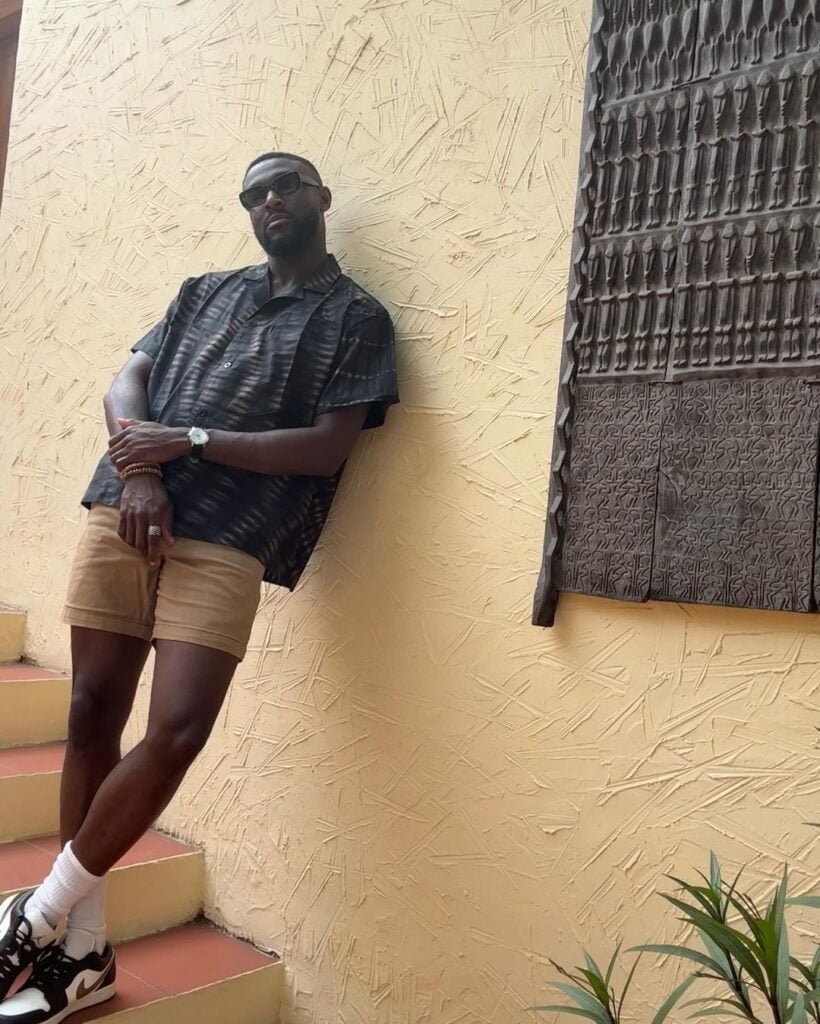
What challenges did you face in reconnecting with your roots, and how did you overcome them?
Honestly, the biggest challenge I faced was the proximity complication—being unable to be in the same space with family physically. Weekly calls and daily WhatsApp messages can only do so much to keep that connection strong.
In what ways has your perspective on your identity and heritage evolved since returning to Nigeria and visiting Ghana?
They say you never appreciate something entirely until it’s gone. Although this is an extreme statement, there were shades of this in my life living abroad. I’ve always been a confident and nationalistic Nigerian. However, I realised that I may have taken parts of the culture for granted when I suddenly didn’t have them readily available. My early teen years echoed complaints about the government and increased hardship, fostering a zero-sum game mentality.
This mentality still plagues many Nigerians today and hinders our progress. It’s easy to see the country’s wrongs, but it takes strength to be vocally optimistic about what it means to be African. In the States, I’ve met highly patriotic people who nurtured that fire, helping me see beyond the typical media-covered shenanigans about Nigeria’s failures. My visit didn’t change my identity or heritage but emphasised the nationalistic mindset I’ve felt in discourse with specific friends in my life. I recently wrote about my experience at the Elmina Castle in Ghana via Instagram.
What advice would you give to other Africans in the diaspora about staying connected with their families and cultures back home?
Being intentional is the first step. There are phases in life where we are blessed with cultural and national pride, but these connections may fade with physical distance, negative digital content, and reduced free time. The parable of the talents in Matthew illustrates the impact of intentionality on outcomes. Being intentional about the content you consume and fostering impactful partnerships are essential. I’ve reconnected with my cultural heritage by being strategic with the content I consume. Specific social media accounts, WhatsApp groups, newsletters, and blog sites like Sarauta cover many stories from Africa. Actively seeking these resources has helped me stay connected and proud of my heritage.
Once you’ve tailored your consumption to be factual and inclusive, fostering collaboration and partnerships is the next core driver for maintaining positivity and strong connections. Someone once told me the diaspora will be pivotal in the next wave of African excellence. We won’t get there with disconnected ideologies. Although a partnership can be challenging, brilliant people are creating models to alleviate some concerns, hence the need for intentional consumption.
As a Nigerian Expat, Joshua is determined to do more for the continent in the coming years. For now, he is exploring different elements of photography and trying to capture great moments through his lens.
You can connect with the Nigerian Expat on Instagram @danjay_
You can check more travel stories from us here

